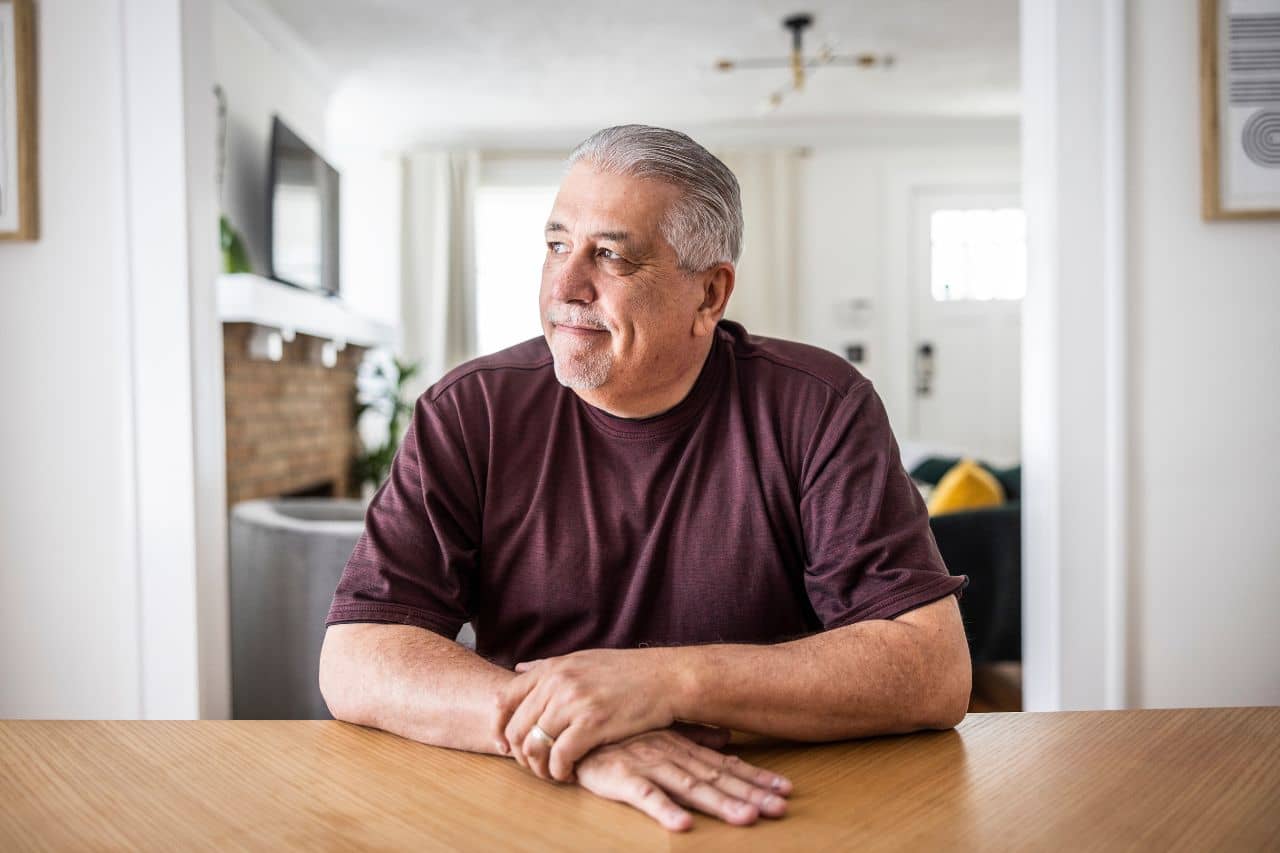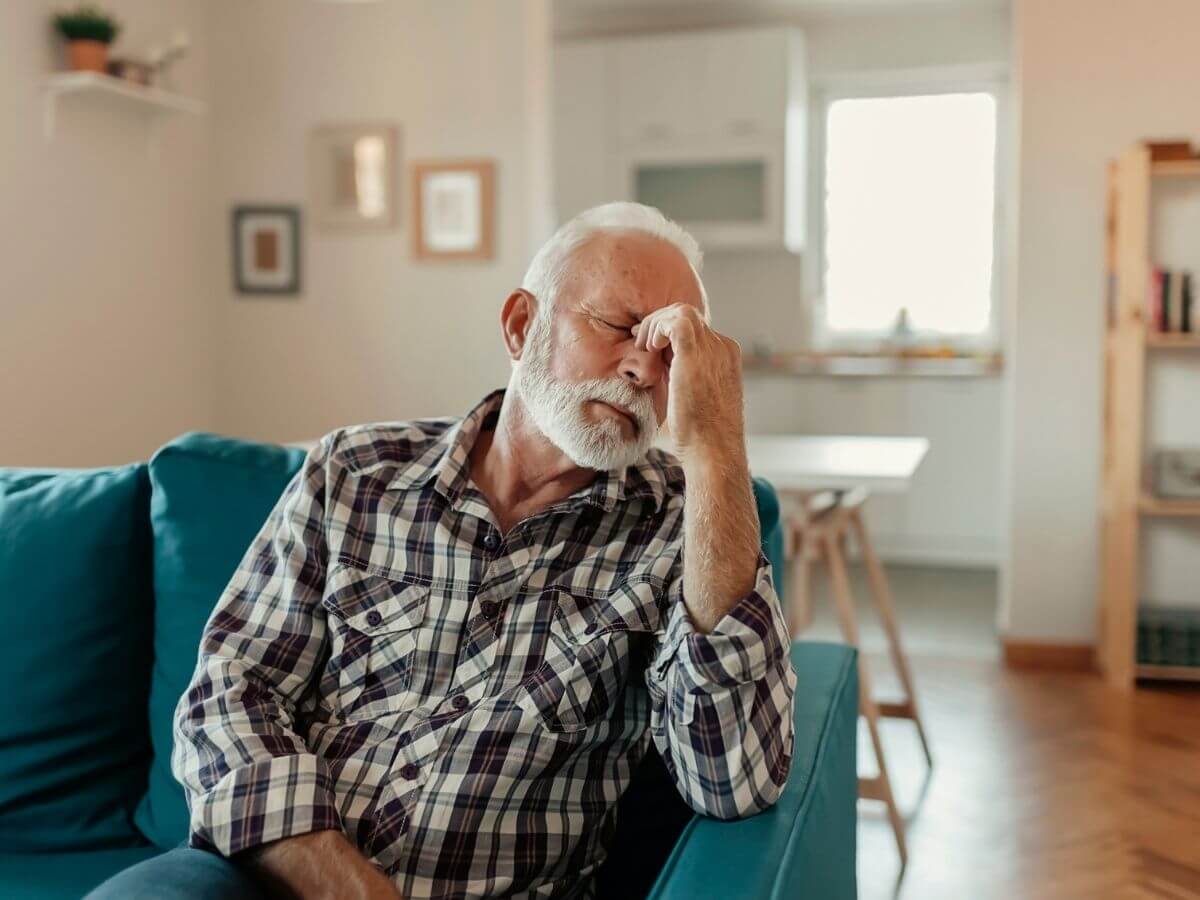Can Low Testosterone Cause Anxiety?

Testosterone is one of the hormones that gives men and people assigned male at birth their “male” characteristics. (Women and people assigned female at birth also naturally have testosterone but at lower levels.) Testosterone also affects energy levels, sex drive, and other attributes.
If your level is lower than normal, you may experience fatigue, loss of muscle mass, less interest in sex, and decreased sexual performance. But does testosterone play a role in anxiety? This article answers that question.
What Causes Low Testosterone?
Low testosterone goes by several names, such as male hypogonadism, testosterone deficiency syndrome, and, more informally, low T. The condition has several possible medical and lifestyle causes.
Medical issues affecting testosterone include:
- Testicle injuries or removal
- Inflammation of the testicles from bacterial or viral infections
- Certain tumors
- Chemotherapy or radiation therapy focused on the testicles
- Genetic conditions like Klinefelter’s syndrome and Noonan syndrome
- Primary or secondary male hypogonadism
Lifestyle factors that can lower testosterone production include:
- Advancing age
- Stress
- Anabolic steroid use
- Lack of sleep
- Dietary changes
- Decreased physical activity
These conditions, separately or in combination, can adversely affect testosterone production temporarily or permanently.
Testosterone Levels and Anxiety
Testosterone levels and mood are closely interrelated. Low testosterone can cause or worsen anxiety and depression symptoms, such as irritability, persistent sadness, lack of motivation, social withdrawal, and others.
Low T also causes physical changes, such as decreases in muscle mass and strength, sudden weight gain, increased breast tissue, and erectile dysfunction.
These symptoms can cause a loss of confidence and self-esteem that then intensifies anxiety and depression symptoms. As a result, people with low T may experience relationship problems that accelerate what can be a concerning reduction in physical, mental, and emotional well-being.
Can Doctors Treat Low Testosterone Effectively?
Low testosterone and anxiety can compound with each other in harmful ways. Fortunately, there are effective treatments for both conditions.
A simple test of testosterone levels can show what is called free testosterone (meaning not attached to proteins and, therefore, more accessible to your body) and total testosterone levels. If your total testosterone indicates you have low T, your doctor can prescribe one of several methods of increasing testosterone, including:
- Skin gels or patches you apply daily
- Oral pills
- Intramuscular injections administered by a healthcare professional every 1 to 2 weeks
- Pellets that a provider implants under your skin every 3 to 6 months
- Tablets you adhere to your gums twice daily
- Nasal gel you use three times daily
Be aware that certain medical conditions can mean you aren’t a good candidate for testosterone replacement, including prostate cancer, uncontrolled heart failure, breast cancer, and untreated obstructive sleep apnea.
It’s also crucial to assess your anxiety and depression symptoms. They may be due to your low testosterone or exist independently. If they aren’t caused by low T, your doctor may recommend treatment like behavioral therapy, medication, or both.
Talk with Your Baptist Health Doctor About Low Testosterone and Anxiety
If you experience symptoms of low T or anxiety separately or together, your doctor can help. They can diagnose both conditions through physical exams, health history, and testing and recommend appropriate treatments.
Talk with your doctor as soon as you notice any symptoms.
You can find a Baptist Health physician using our online provider directory if you don’t have one.



